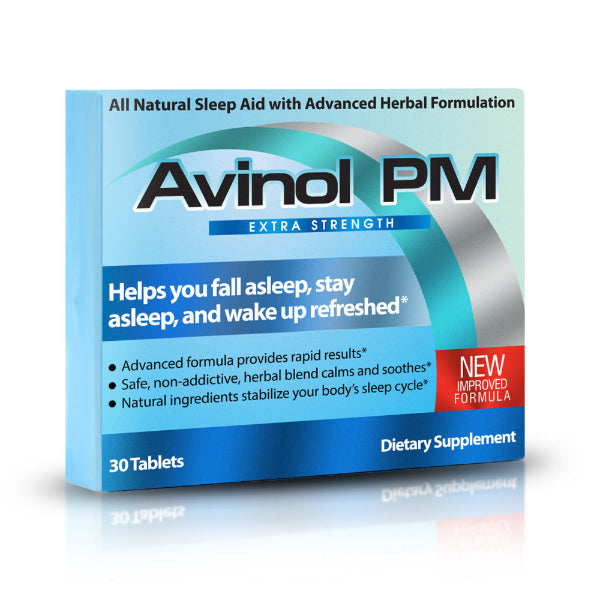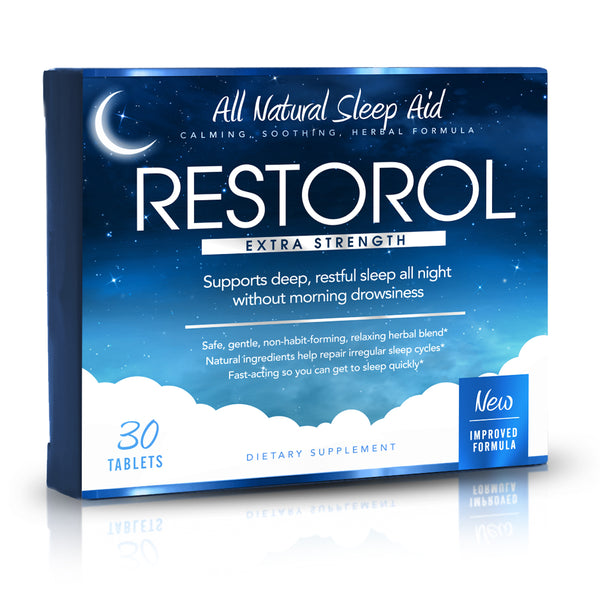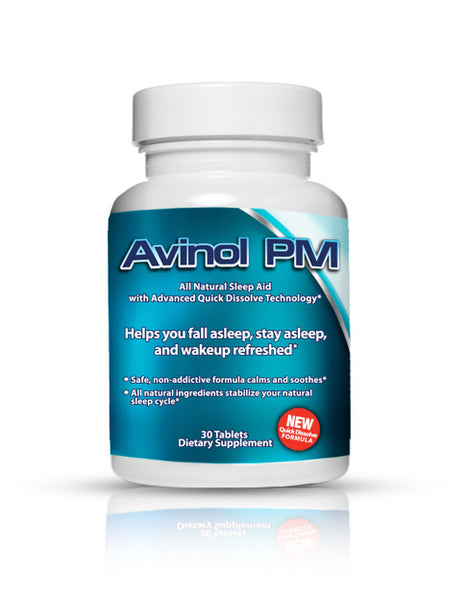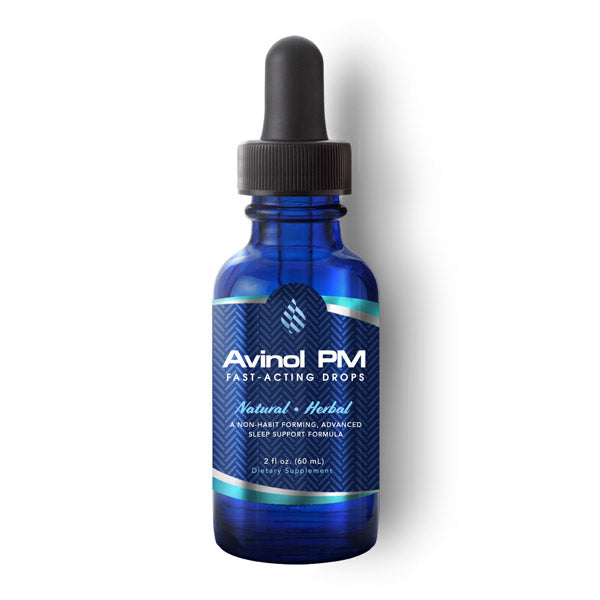Breaking News: Prescription Sleeping Pills are Also Bad for Your Health
Table of Contents
Prescription sleeping pills are being sold in record numbers these days, and it's easy to see why. The increasing stress of modern life is making it harder for millions of people to sleep at night. Unfortunately, the way these types of sleep aids work may be making the problem worse instead of better. Before you start asking your doctor for one of these powerful drugs, be sure to educate yourself on the potential dangers they pose.
Classifying Prescription Sleep Aids
There are many different types of prescription sleeping pills out in the market today. Depending on your exact needs, one type of medication may work better for you than it would for your brother, your partner, or your next door neighbor. They mostly fall into the following classifications:
Hypnotics
In medical circles, they may also be referred to as nonbenzodiazepines or soporifics. Unlike other sleep-inducing drugs, they don't have any of the anti-anxiety benefits that come with other sedatives. Many hypnotics are designed to initiate sleep only; they won't help you stay asleep through the night unless you are prescribed an extended release formula. Unfortunately, the extended release formulas are not as popular due to the prevalence of next-day drowsiness. Furthermore, they don't do anything to help your brain reach that restorative sweet spot of the human sleep cycle known as REM sleep. Some common hypnotics include ambien, lunesta, sonata, and zimovane, just to name a few.
Benzodiazepines
Unlike most other prescription strength sleeping pills, benzodiazepines (or "benzos" for short) can help reduce anxiety in small doses. In larger doses, they also initiate and help prolong sleep. They can be extremely dangerous, however, because of their high rate of dependence and their potentially fatal interactions with alcohol and other drugs. Most importantly, habitual use of benzos will decrease the quality of sleep you get on a nightly basis. Unlike hypnotics, which don't have a negative effect on the restorative sleep your body cycles through, benzodiazepines can reduce the amount of both REM and slow-wave restorative sleep you body is capable of. This lack of essential sleep can lead to chronic fatigue, premature aging, mood disorders, and more over time. Pretty much any drug with a "-zepam" or "-zolam" suffix can be classified as a benzodiazepine.
Tricyclic Antidepressants
As strange as it may sound, it is not uncommon for doctors to prescribe antidepressants off-label for people with sleep problems. But these aren't much safer or more effective than benzos or hypnotics. They typically initiate sleep the way hypnotics do, leaving you vulnerable to waking up in the middle of the night. And they share the same dangerous side effects as other antidepressants. These often include dizziness, blurred vision, irregular heartbeat, trouble urinating, and a dangerous condition known as priapism (a painful erection lasting more than four hours) which requires immediate medical attention in order to avoid tissue death and amputation. Some of these drugs include trazodone, doxepin, and amitriptyline.
The Importance of Restorative Sleep
As you may be catching on by now, it's not the ease with which you fall asleep or how many hours of sleep you get that matters. It's the quality of sleep that counts more than anything. And as we've already discussed, many of these so-called sleep remedies don't help improve the amount of restorative sleep your body can get during the night. In fact, many of these prescriptions reduce your body's ability to restore and renew itself while you slumber. And this will eventually lead to:
- Reduced cognitive function
- A weakened immune system
- Accidents from falling
- Heart disease
- Diabetes
- Obesity
- Mood disorders (such as depression and anxiety)
As restorative sleep decreases over months or years, these health problems will continue to worsen until they drastically reduce your quality of life. For some individuals, it can shorten their lifespan by several years or more.
How to Get the Sleep You Need
Before the invention of pharmaceutical drugs, human beings were using natural remedies to relax at night and get the restorative sleep they needed to stay healthy. Candlelight is preferable to electric light because it helps the human brain release more melatonin (the sleep hormone). Natural botanicals like hops, valerian root, and chamomile increase the anti-anxiety effects of GABA in the brain. And essential amino acids like L-theanine and 5-HTP help balance out serotonin levels, which is shown to help people fall asleep more easily and get better quality sleep.
If you can find a natural sleep remedy that includes any of these, you're already ahead of the game. And for all of your other health and wellness needs, be sure to keep checking our blog here at VitalDepot.com for more news and information.




